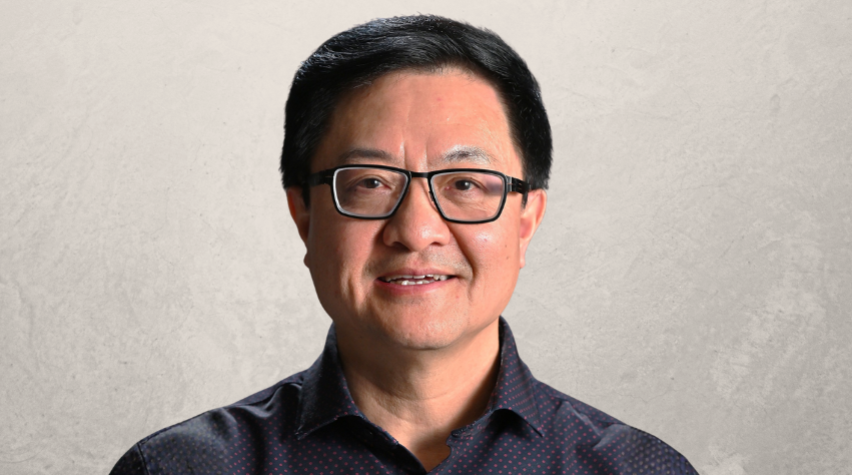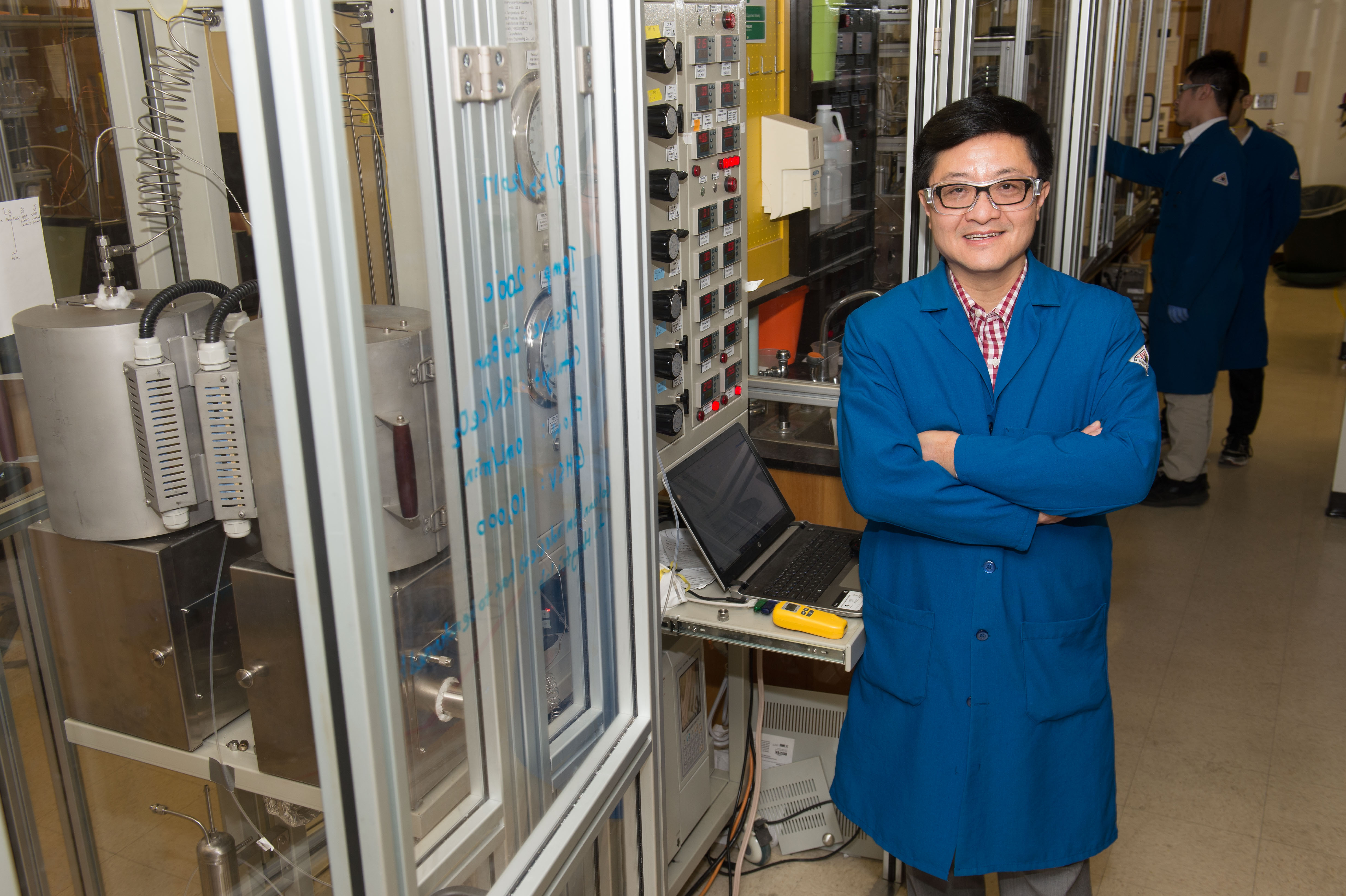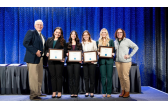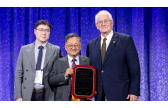
In this series, ChEnected introduces readers to the recipients of AIChE’s 2025 Institute and Board of Directors’ Awards. These high honorees are nominated by the chemical engineering community and voted upon by the members of AIChE’s Awards Committee.
The R. H. Wilhelm Award for Chemical Reaction Engineering recognizes significant new contributions in that field and is sponsored by ExxonMobil Research and Engineering Company.
The recipient of the 2025 Wilhelm Award is Yong Wang, Regents Professor of Chemical Engineering at Washington State University and Acting Director of the Institute for Integrated Catalysis at Pacific Northwest National Laboratory.
Dr. Wang is being recognized "for developing sustainable technologies to tackle present and future energy, resource, and environmental challenges by combining advanced catalytic materials and innovative reactor designs." He and the other Institute and Board of Directors’ Award recipients will be honored at the 2025 AIChE Annual Meeting.
About Yong Wang and his work
Yong Wang is internationally recognized for pioneering catalytic materials and reaction-engineering strategies that improve energy and atom efficiency in the conversion of fossil fuels, biomass, CO₂, and waste plastics into fuels and chemicals. His research has reshaped multiple areas of sustainable chemistry, from microchannel reactor technologies to single-atom catalysis and renewable biomass conversion.
Among his most influential contributions is the microchannel reactor technology that drastically improves mass and heat transfer, allowing for highly compact and efficient catalytic systems. This work led to the founding of Velocys, a company now publicly traded on the London Stock Exchange, which commercialized microreactor-based processes for gas-to-liquids and sustainable fuel production.
Wang also co-invented the Archer Daniels Midland (ADM) process for converting renewable, plant-based glycerol into 100,000 metric tons of propylene glycol annually, reducing greenhouse gas emissions by over 60% compared to petroleum routes. His catalytic methods for converting ethanol to isobutene and paraxylene have advanced the circular production of fuels and plastics from biomass.

In addition, Wang’s work on single-atom catalysts (SACs) has redefined emission control technologies. By developing atom-trapping and confinement techniques, his group achieved up to an 80% reduction in platinum-group-metal usage while maintaining catalytic performance—a breakthrough with billion-dollar implications for the automotive industry.
Across these efforts, Wang has published more than 450 peer-reviewed papers and holds over 280 issued patents, more than 90% of which have been licensed to industry. His research continues to influence fields ranging from hydrogen production and CO₂ utilization to biomass valorization and clean transportation fuels.
This fall, ChEnected is presenting a series that profiles all the 2025 Institute and Board of Directors’ Award recipients. Visit ChEnected regularly to meet the honorees.








